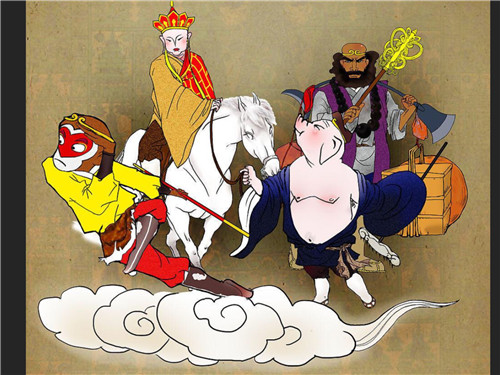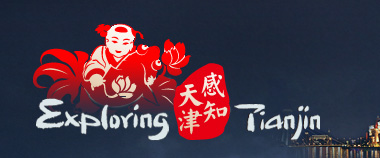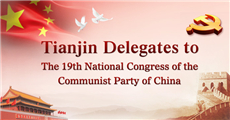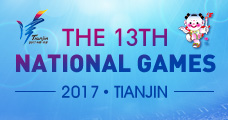 |
|
Journey to the West[Photo/JIN Magazine] |
Any elementary Chinese language student probably knows the Chinese aren't exactly in love with the number four. The reason is because it's a homonym for the word death in Chinese. Especially to the torment of language learning, the only difference between death (死 sǐ) and four (四 sì) in Chinese is the tone. So give up on that argument that tones don't matter in Mandarin. However, before giving up on all things "four" consider what seems to be a direct conflict of this otherwise absolute abhorrence for four. That is, the "four great…"
Look up: 四大 (sìdà) in a dictionary. In Pleco depending on which dictionaries you have, there will be a number of different definitions, however "CC" defines it as follows: "the four elements: earth, water, fire, and wind (Buddhism)." This is but the beginning of an endless collection of "fours." In Chinese, there are countless groupings, which start with the characters: 四大 (sìdà) and follow with usually two more characters to make up a sort of "top four" in this given realm or category. Here are but a few examples: "The Four Great Mountains" (四大名山 sìdà míngshān), "The Four Great Inventions" (四大发明 sìdà fāmíng), and "The Four Great Novels" (四大名著 sìdà míngzhù). For the sake of this discussion on Chinese culture, we are going to focus on the last one, which is "The Four Great Novels." Before we do, a final word on "four." At first brush, the Chinese hate four for its close connection with death based on pronunciation. In fact, some phone service providers have actually given free services for customers who are willing to accept a phone number with "4" in it. Elevators may have no number "4" and forget about giving gifts in quantity of four. Any yet, here we have a real paradox, in the infinite lists of "four greats" and the love linguistically for "four" Chinese character combinations. As in idioms and even these various "four greats." Now on to "The Four Great Novels."
What Are They?
Perhaps to the disbelief of Chinese everywhere, there are plenty of people who don't know what the "The Four Great Novels" are. For example, an expat from Holland who arrived in China back in 2008 and even studied Chinese at the infamous Qinghua University when asked about the "The Four Great Novels," replied candidly by admitting not only did he not read them, but added: "I don't even know which [books] those are." Remember, if a student doesn't know something, who is to blame? Instead of playing the blame game though, let's proceed by introducing "The Four Great Novels," drum roll please.
In no particular order, here are the names of each book: "Dream of the Red Chamber"《红楼梦》(hónglóumèng), "Romance of the Three Kingdoms"《三国演义》(sānguó yǎnyì), "Heroes of the Marshes"《水浒传》(shuǐhǔzhuàn), and "Journey to the West"《西游记》(xīyóujì). Note this, the English names of these books can vary. As with many translated names, there can be variation. Though a small detail, this may be just the beginning as to why these books haven't ever really caught on with Western readers. The standardization of a book's name in English is very important. Not only does the name need to be consistently translated, but ideally it should seem natural to a native English reader. Of these four titles, perhaps the best one in terms of linguistics, that is naturalness and ease of remembrance in English, would be "Journey to the West."
The point is the lack of consistency and promotion associated with the English titles of these four books is a definite barrier to their global popularity. As the quote from the Holland expat noted earlier reveals, some expats who have actually come to China, and even studied Chinese don't even know what "The Four Great Novels" are. Imagine how much less than will the rest of the world's population living outside of China be in terms of awareness.

 Culture
Culture




